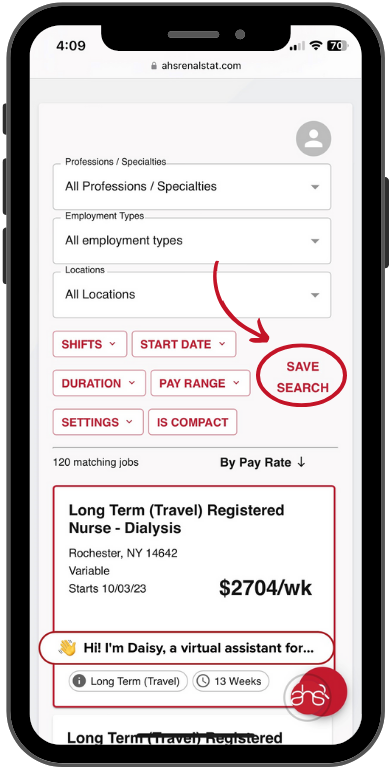Infections are a leading cause of hospitalization and death in hemodialysis patients.
Bloodstream infections (BSIs) are a particularly severe form of infection that can occur in these patients with devastating outcomes. For example, among patients with a Staphylococcus aureus BSI, complications such as endocarditis, osteomyelitis, sepsis and death are not uncommon. According to the U.S. Renal Data System (USRDS), the rate of hospitalization for BSI per 1,000 hemodialysis patient-years has increased 51percent since 1994.
The most important risk factor for BSI among hemodialysis patients is their vascular access type. Rates of BSI in patients with central venous catheters are about eight times higher than the rate seen in patients with fistulas. The number of these infections is substantial; the Centers for Disease Control and Prevention (CDC) estimates 37,000 central line-associated bloodstream infections (CLABSIs) occurred in U.S. hemodialysis patients in 2008.
Despite a nationwide push to increase the use of fistulas and decrease catheters, more than 80 percent of patients initiate hemodialysis with a catheter. These and other hemodialysis patients who require a catheter remain at high risk for infections and related complications.
This challenge is not isolated to dialysis settings. For years, hospital infection preventionists and intensive care unit (ICU) staff have been focused on CLABSI prevention and, over time, they have found that it is possible to significantly lower rates in ICU settings. Several interventions have had dramatic results: using a collaborative approach, the Pittsburgh Regional Health Initiative demonstrated overall CLABSI rate reductions of 68 percent among 66 ICUs in 32 hospitals; and shortly thereafter, the Michigan Keystone Project demonstrated 66 percent fewer CLABSIs among the 103 ICUs in 67 hospitals statewide.
These initiatives showed for the first time that CLABSIs were not inevitable, but could be prevented through increased adherence to recommended practices. Both projects used checklists and other tools to help staff incorporate evidence-based practices into their daily routines.
Source: RenalBusinessToday
AHS RenalStat
A Leading Dialysis Staffing Agency
877-309-3546
www.ahsrenalstat.com


